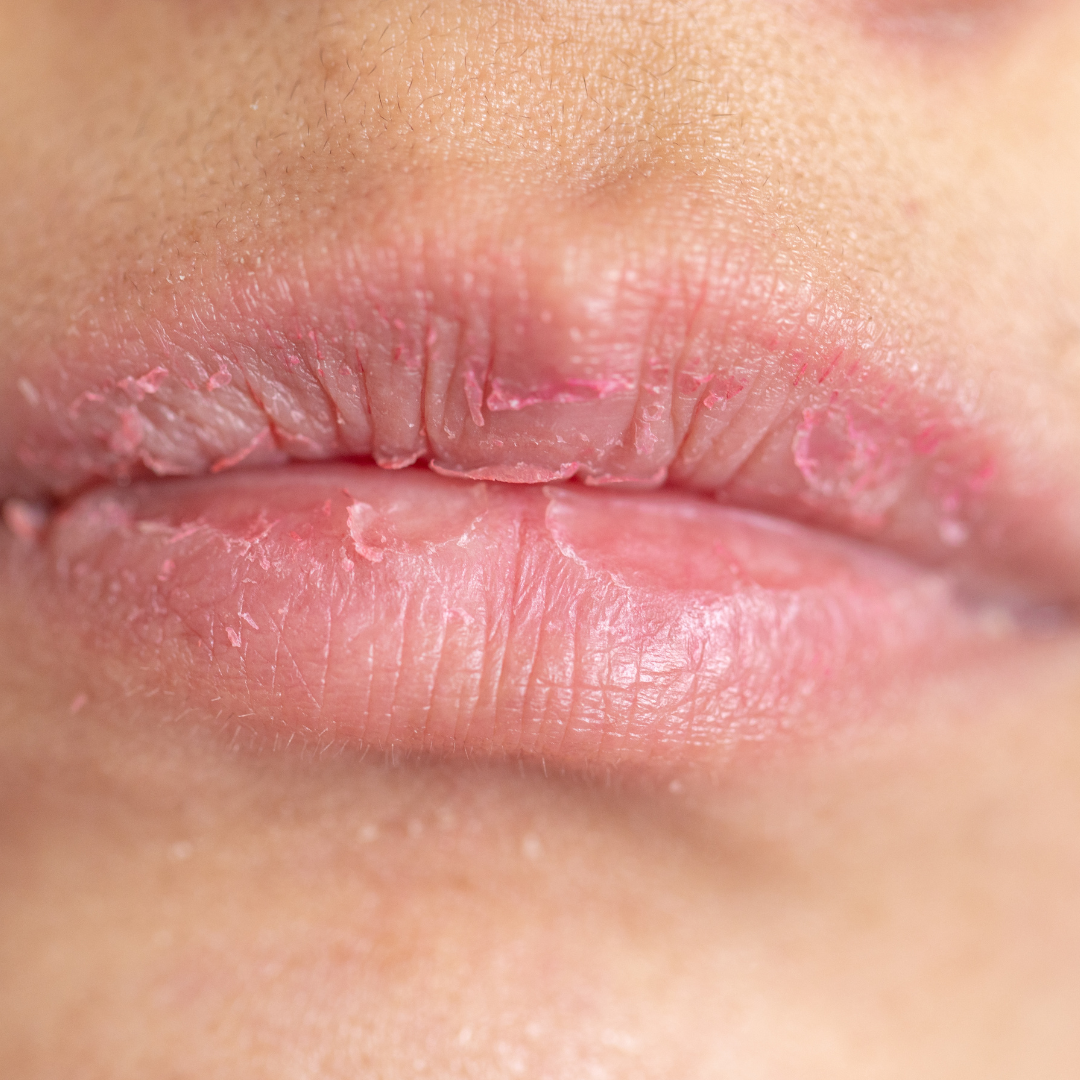Is Dry Mouth Dangerous? Causes, Symptoms, and Solutions
Dry mouth, or xerostomia, is more than just an uncomfortable feeling; it can have serious implications for your oral health. At Dr Berera’s dental practice in Leichhardt, we’re here to help you understand the causes, symptoms, and solutions for this common condition.
What is Dry Mouth?
Dry mouth occurs when your salivary glands don’t produce enough saliva to keep your mouth moist. Saliva is essential for oral health as it helps wash away food particles, neutralise acids, and prevent bacteria from thriving.
Causes of Dry Mouth
Several factors can lead to dry mouth, including:
Medications: Many prescription and over-the-counter medications, such as antihistamines, antidepressants, and blood pressure drugs, list dry mouth as a side effect.
Ageing: As we age, natural saliva production can decrease, especially if combined with medication use or other health conditions.
Medical Conditions: Conditions such as diabetes, Sjögren’s syndrome, and Parkinson’s disease can cause dry mouth.
Lifestyle Choices: Smoking, chewing tobacco, and excessive alcohol consumption can reduce saliva flow.
Dehydration: Not drinking enough water or losing fluids due to illness can lead to dry mouth.
Cancer Treatments: Radiation therapy to the head or neck and certain chemotherapy drugs can damage salivary glands.
Why is Dry Mouth Dangerous?
Dry mouth isn’t just uncomfortable; it can lead to several oral health issues:
Tooth Decay: Saliva helps protect your teeth from decay. Without it, harmful bacteria can flourish.
Gum Disease: A dry environment can increase the risk of gum infections.
Bad Breath: Reduced saliva allows odour-causing bacteria to thrive.
Difficulty Eating and Speaking: A lack of saliva can make it harder to chew, swallow, or speak clearly.
Mouth Sores: Chronic dryness can lead to irritation and ulcers.
Symptoms of Dry Mouth
Common signs include:
A sticky or dry feeling in the mouth
Frequent thirst
Difficulty swallowing or chewing
Cracked lips or corners of the mouth
A dry or sore throat
A burning sensation on the tongue
Solutions for Dry Mouth
If you’re experiencing dry mouth, there are steps you can take to manage it:
Stay Hydrated: Drink plenty of water throughout the day.
Chew Sugar-Free Gum: This can stimulate saliva production.
Use a Humidifier: Adding moisture to the air, especially at night, can help.
Avoid Irritants: Limit caffeine, alcohol, and tobacco use.
Try Saliva Substitutes: Over-the-counter sprays, gels, or rinses can help keep your mouth moist.
Maintain Good Oral Hygiene: Brush twice daily with fluoride toothpaste and floss regularly to prevent decay and gum disease.
Consult Your Dentist: If dry mouth persists, Dr Berera can recommend treatments or investigate underlying causes.
When to See a Dentist
Persistent dry mouth can signal a more serious issue. If you’re experiencing symptoms, book an appointment with Dr Berera at our Leichhardt practice. We’ll help you identify the cause and create a personalised treatment plan.

